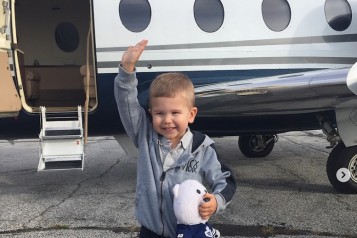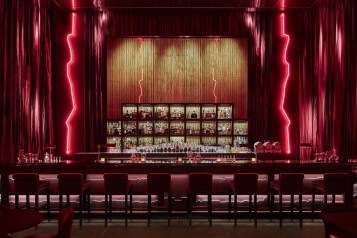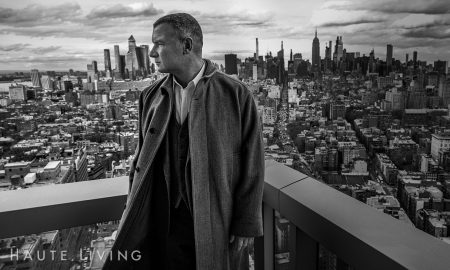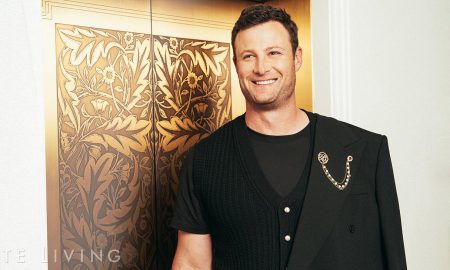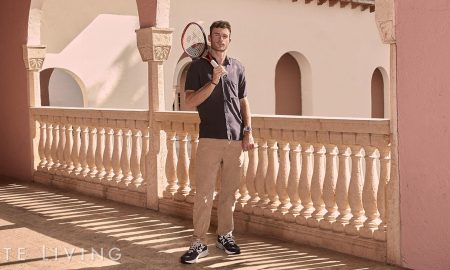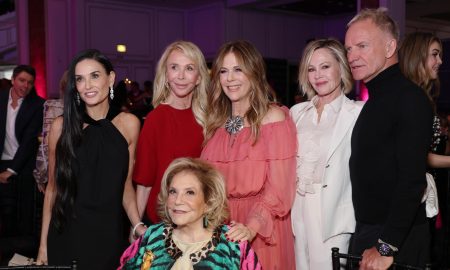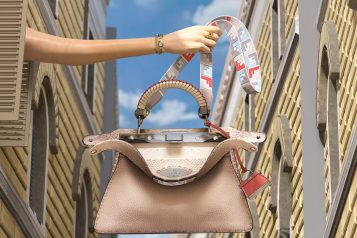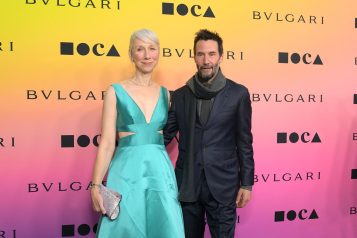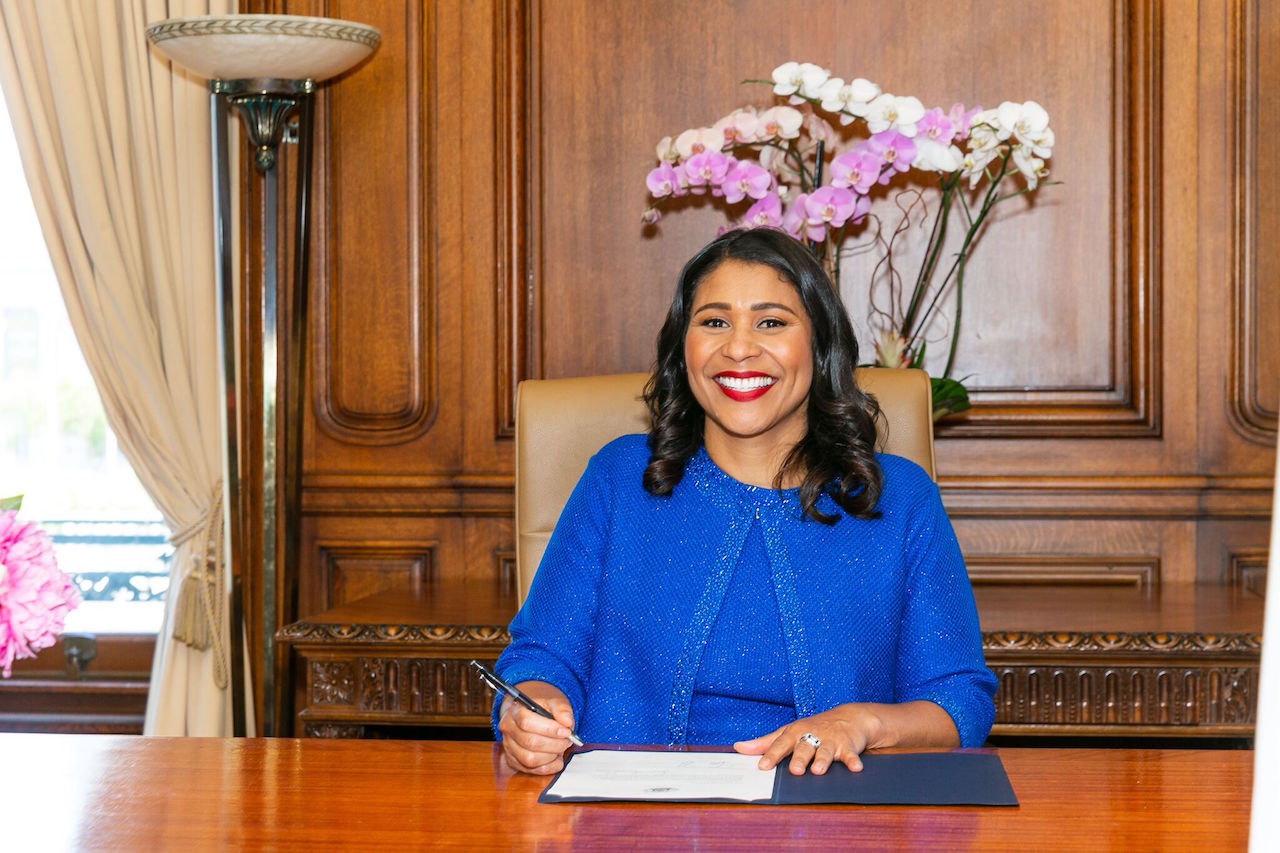
It was London Breed’s experience as Galileo High School’s homecoming queen runner-up that catapulted her into a life driven by leadership and change. She enjoyed the excitement of the race and so the next year, as a senior, Breed ran for office. She won student body Vice President, and it was then that politics got into her blood. Although Breed never imagined that she would run for a position as profound as the mayor of San Francisco, her life seemed to poetically unfold—leading her to the gilded dome of San Francisco’s City Hall.
Ironically, Mayor Breed grew up only a few blocks from City Hall in the notorious Plaza East Public Housing district. The violence was so extreme that many referred to the area as “Outta Control Projects.” In an op-ed piece Breed wrote for the San Francisco Examiner in 2016, she shared, “The tin can with ‘Pork’ stamped on it, the box of powdered milk. They were our staples, grape juice a rare treat. I grew up with five of us living on $900 per month. Recycling meant drinking out of old mayonnaise jars. Violence was never far away. And once a week, we took Grandma’s pushcart to the community room to collect government-issued groceries. In my sophomore year of high school, I watched my friend Loretta leave in a U-Haul headed for Oakland. She and her mom had been tenants in a nearby apartment, forced out by rent they couldn’t afford anymore. Loretta followed so many of my friends and family who left San Francisco with only their belongings and a so-called “Certificate of Preference,” as the Hope VI program promised to remake the City’s public housing.
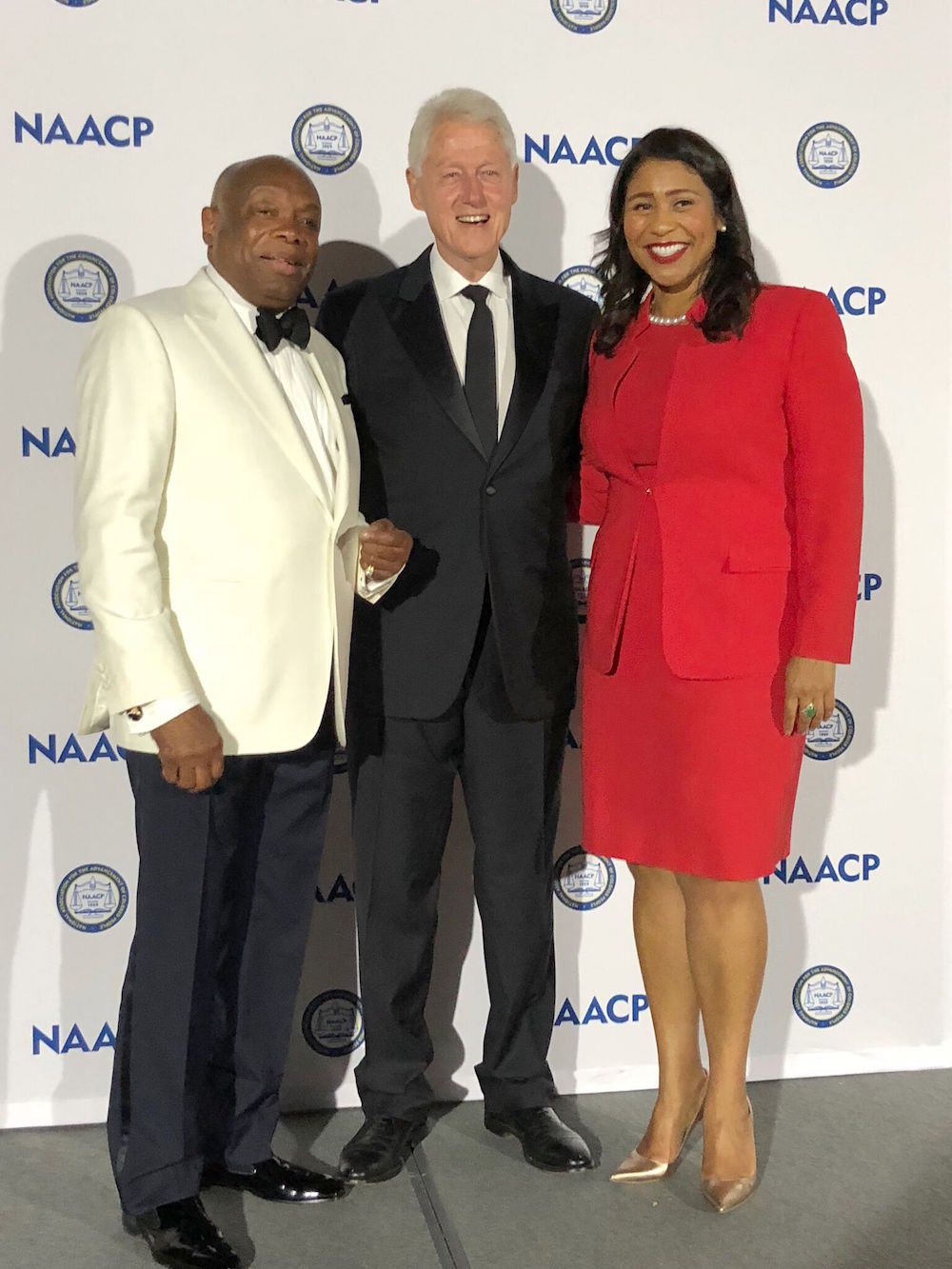
Photo Credit: Drew Altizer
“When I was in college, the bell tolled for us. Just as my grandmother, the woman who had cared for me all my life, started needing me to care for her, we were told our home was being torn down, and we would need to find another place to live. Scared and overwhelmed, I turned to the Tenants Union, hoping for an advocate, or at least advice. They told me plainly: ‘We don’t work with public housing residents.’ I’ve lived in poverty. I’ve seen my friends, my community forced from the city I call home.”
It is her raw life experiences that make Breed an ideal mayor for San Francisco. San Francisco is a city of stark contrast. It is evident by the homeless on our streets blocks from multi-million dollar homes owned by the country’s wealthiest entrepreneurs. The Brookings Institution, a policy research center in Washington, D.C. lists San Francisco in the top five percent of cities in the nation that has a high rate of income disparity. Mayor Breed is committed to changing that. In her new role, she hopes to create opportunities for the youth of San Francisco. She believes that it was her experience with local internship programs provided by the city that kept her off the street, out of jail, and alive. Her goal is to have paid internships for every high school student in San Francisco. Breed hopes to build a better San Francisco, and in the following interview we find out how she plans to do it.
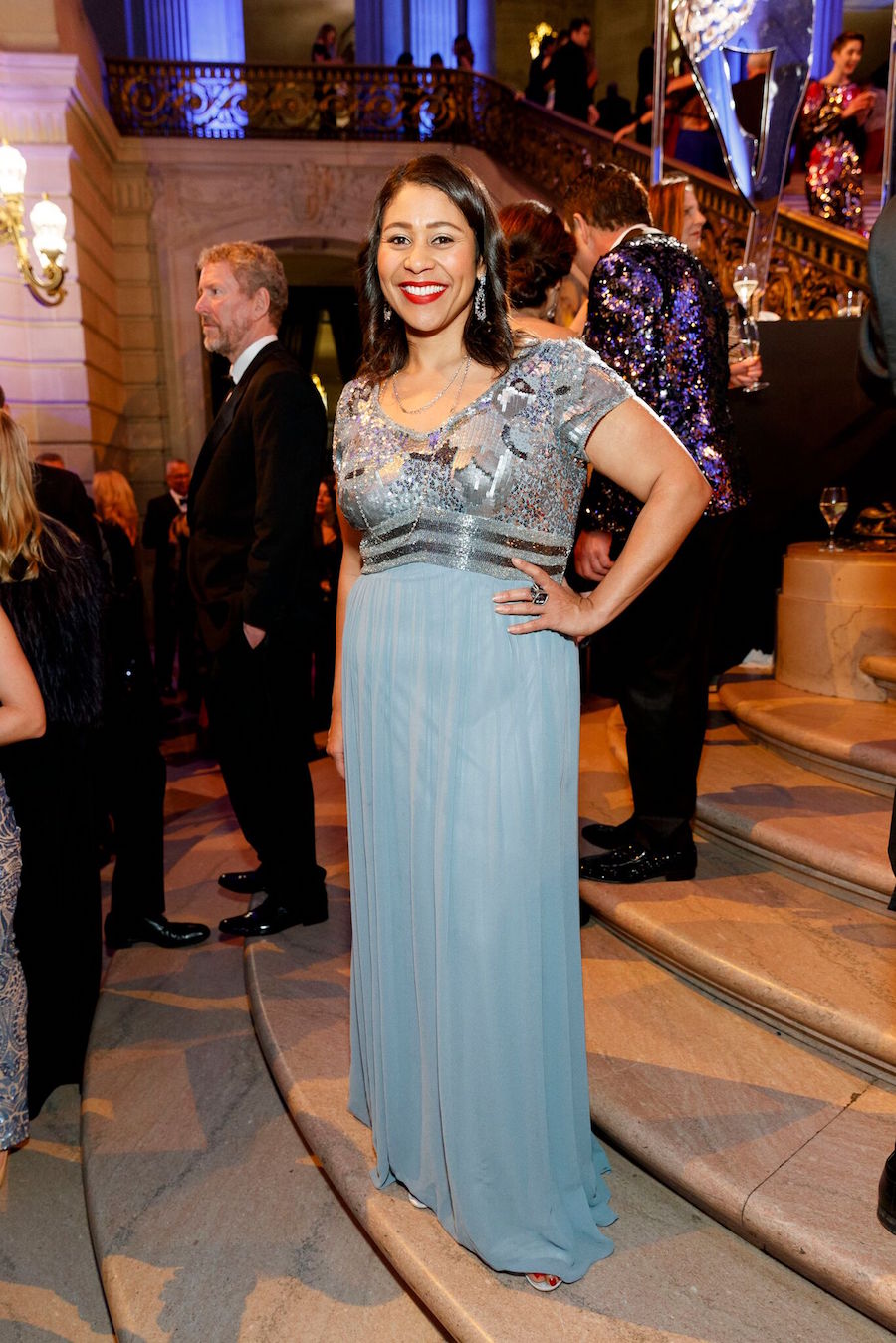
Photo Credit: Drew Altizer
Haute Living: How did your childhood lead you to a life of service?
Mayor London Breed: The poverty and despair that I saw growing up led me to want to give back. I am Mayor today because my community supported me. Every day I rode a public bus to a public school. In my freshman year of high school, the Booker T. Washington Community Center helped me get a job through the Mayor’s Youth Employment & Training Program. City services offered me the professional opportunities that started my career. I want the next generation of young girls to have the same opportunities.
HL: What does your win mean for other minority girls?
MLB: It means that if I can be elected, they can too. We have made tremendous strides in getting both minorities and women into public office, and it’s crucial that we continue this work, so our elected officials represent the communities they work for. We need to encourage women and girls to get involved with their local politics and run for office, and I hope that my being Mayor inspires more young girls to fight for their communities.
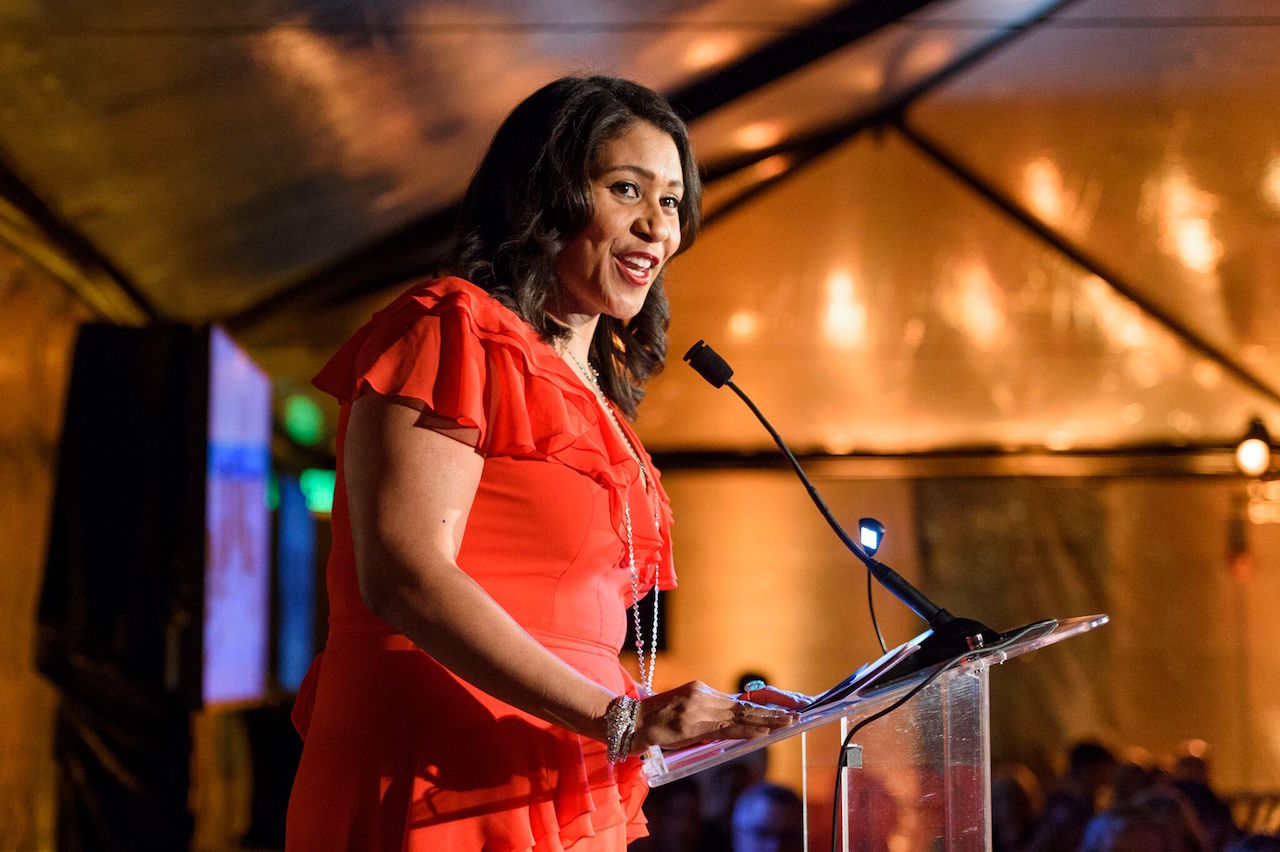
California Historical Society Gala
Photo Credit: Drew Altizer
HL: What advice can you give them?
MLB: Work hard in school, of course. I am a big proponent of paid internships—when I was Executive Director of the African-American Art & Culture Complex, we paid our interns, and it made them take their responsibilities more seriously and stay out of trouble. They are a great way to figure out what you like, and perhaps more importantly, what you do not like. Either way, you will gain valuable life and career experience.
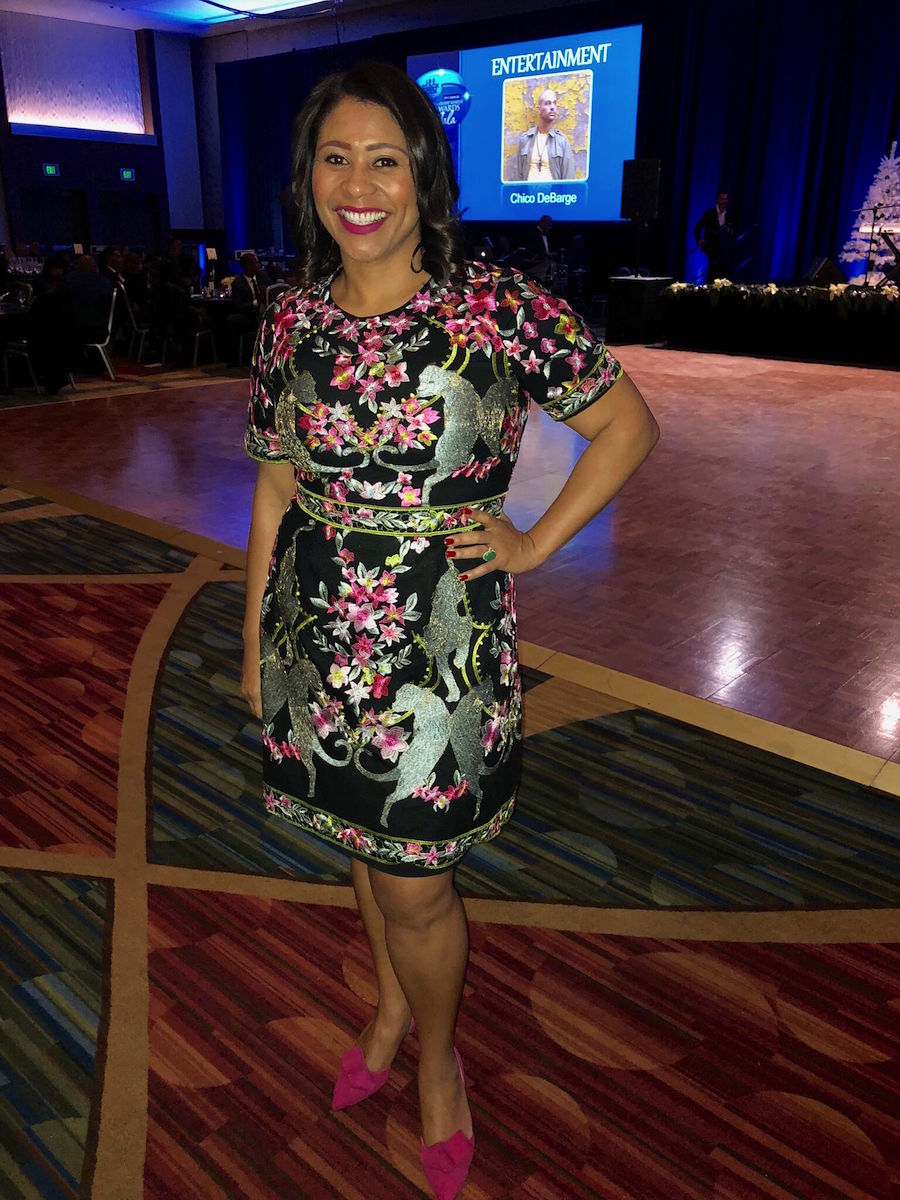
Photo Credit: Drew Altizer
HL: What are the top three issues you plan on dealing with in San Francisco?
MLB: My top three priorities are housing, homelessness, and public safety. By adding 5,000 new units of housing, we can help families stay together in San Francisco and help more people exit homelessness. I am especially prioritizing affordable housing because San Franciscans are already struggling with soaring rents and the steadily climbing cost of living.
However, more housing does not mean homelessness is fixed. This is why we are working to expand our suite of available homeless services. We are continuing to build Navigation Centers that provide beds and shelter, but also connect people to long-term services to ensure they do not end up back on the streets. It also includes helping people avoid ever becoming homeless in the first place through programs such as rapid re-housing, rent subsidies, and tenant legal defense services.
Regarding public safety, I am committed to adding 250 new San Francisco Police officers over the next four years and investing in long-term improvement projects that will make our streets cleaner and safer. But a severe public health crisis has emerged on our streets as a result of the nationwide opioid epidemic. That’s why I am also committed to implementing innovative, evidence-based solutions such as safe injection sites, which will not only get needles off of our streets and improve public safety but more importantly save lives, because we have seen time and time again that incarcerating people for drug use is not effective in helping those people get treatment for their addiction.
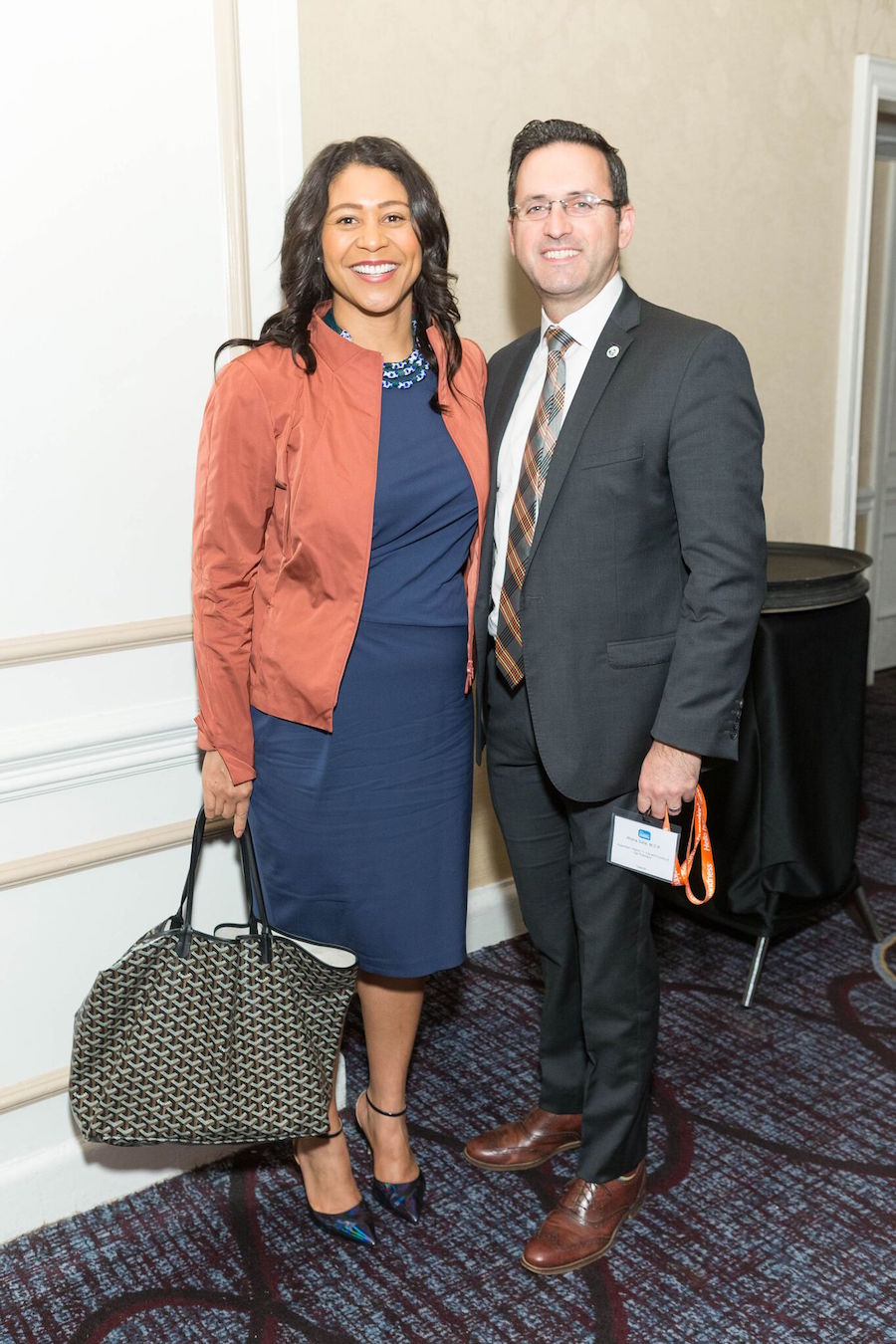
Photo Credit: Drew Altizer
HL: The homeless, drug users, and dirty streets are serious problems and getting worse. It is hurting our city’s image, our commerce, and tourism, how are you going to solve this problem?
MLB: Throughout my short time as Mayor, I have been taking a series of unannounced visits to different neighborhoods in our city, and it’s clear that the status quo on our streets is unacceptable. One of my top priorities is addressing our homelessness crisis, and this means getting people into care and shelter. In the new two-year city budget I just signed, we are allocating an additional $60 million in funding for critical homeless services, which will create 430 new permanent supportive housing units, open a new Navigation Center, and support rapid re-housing programs. We’re investing $800 million in constructing and preserving nearly 3,000 units of affordable housing.
I am also working to open a first-in-the-nation safe injection site to prevent overdoses and the spread of disease, while also reducing the public drug use we see on our streets. We recently premiered a demonstration site at Glide to give the public a sense of what these sites will look like and the benefits they will bring to the community. I know this idea is controversial, but it has worked successfully in other countries, and the medical community is on our side. This is about addressing a public health crisis and getting drug use off of our streets.
I supported Senator Scott Wiener’s bill at the state level to improve our conservatorship program, so we can help those who are unable to care for themselves due to severe mental illness and drug addiction get the care they need. It is not humane to continue to allow them to suffer on our streets.
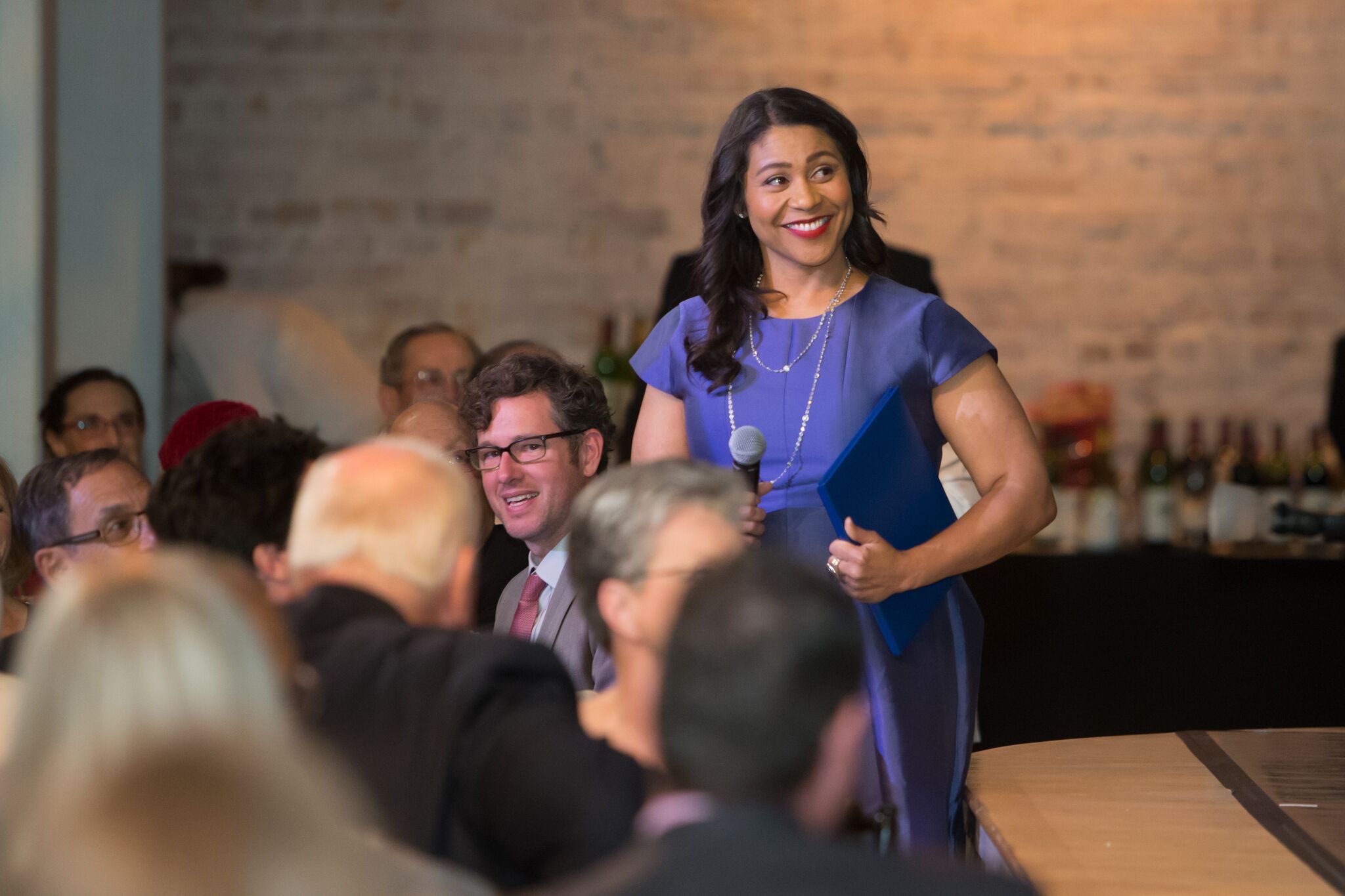
Photo Credit: Drew Altizer
HL: How would you like San Franciscans to support you?
MLB: There is an interesting phenomenon in politics where every few years we have these huge campaigns, with hundreds of supporters coming out to support their favorite candidate or ballot measures, and then that engagement tails off when it comes to enacting the changes we campaigned on. One of the things I am trying to do as Mayor is to be out in the community as much as possible to keep people engaged. We have significant issues that are going to require buy-in from our diverse communities, and for me, that means that I need to bring my message to people where they are. I want people to know what is happening at City Hall, and I want to hear from voices outside of the city government because no one has a monopoly on good ideas.
HL: What legacy do you hope to leave behind?
MLB: I look at this question a couple of different ways. First, I want the City to be better off after I am finished as Mayor—the streets are cleaner, our homeless population is getting care and shelter, Muni is more efficient, and housing is more affordable for families and working people. I am not afraid to take bold action when I think it is right and many issues are facing our City at the moment that requires us to be courageous in trying new solutions until we get it right.
In a broader sense, I want to open doorways for people who previously have not had them opened. This means continuing to promote programs to help our underserved communities, supporting our students with paid internship programs to give them a foot in the door to start their careers, and appointing people from all of our diverse communities to boards and commissions. I want to cultivate the next generation of leaders in San Francisco.

Photo Credit: Drew Altizer
HL: Who are your heroes?
MLB: Ms. Comelia Brown, my grandmother who raised me, and Senator Kamala Harris, who has been one of my greatest mentors. They are both incredible role models and showed me what it means to serve your communities, advocate for what is right, and how to be resilient in the face of adversity.
HL: What do you love most about San Francisco?
MLB: The diversity of our neighborhoods. I love that you can walk a few blocks from the Financial District and be in the heart of Chinatown and then walk a little further and be in the North Beach, all three of which feel entirely different.
Breed is a woman who is very clear about where she stands on any issue and is vocal about it. She is a passionate leader who has zero tolerance for the politics of politics. Unlike other political figures, Breed has no time for rhetoric. She understands that the issues facing our beloved city are dramatic and fast action needs to happen. Mayor Breed is out walking the streets, talking to the locals, and finding solutions to improve the City, not only for this generation but also for the next generations. It is with anticipation that we watch how our young, female Mayor leads San Francisco into this exciting new era.







